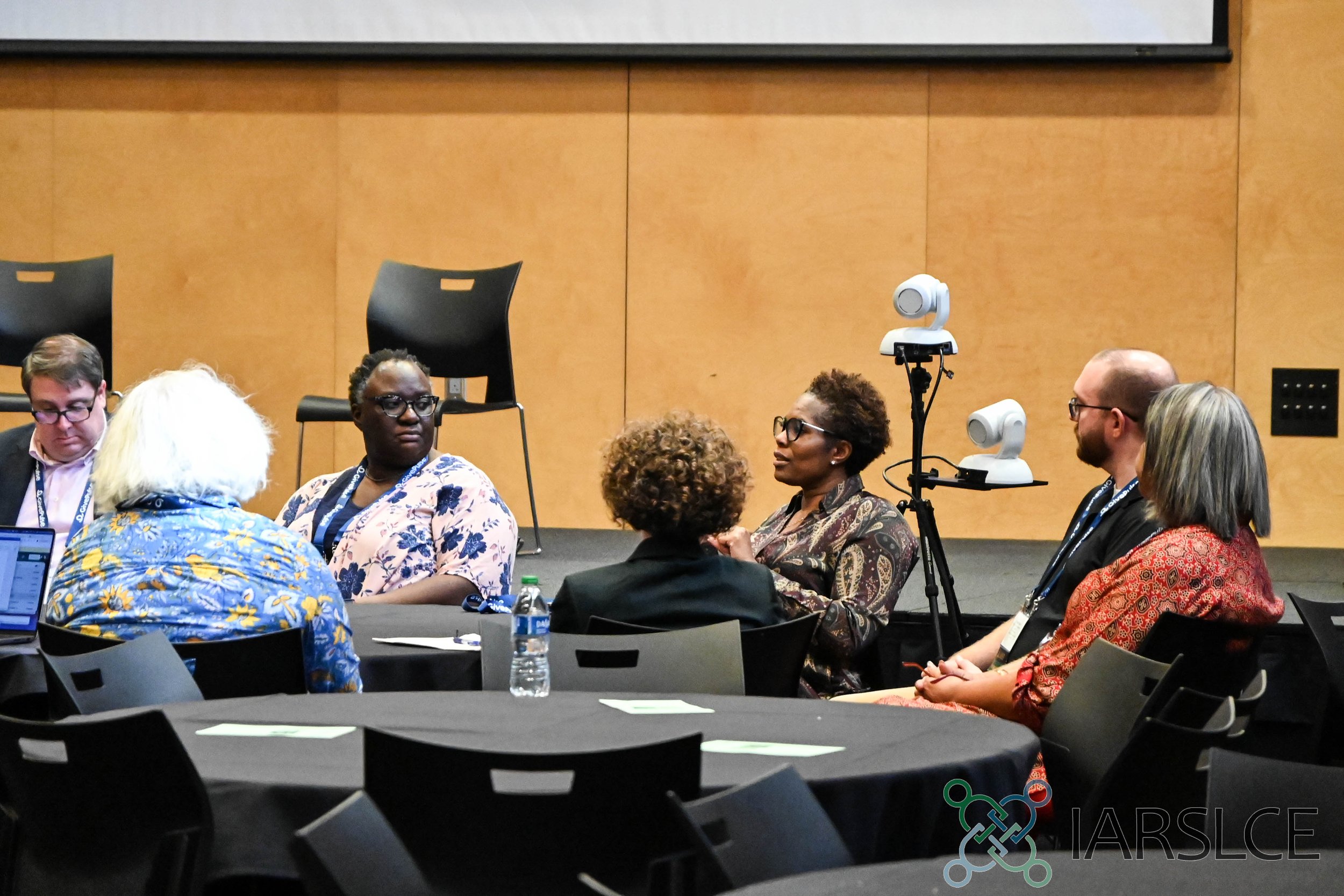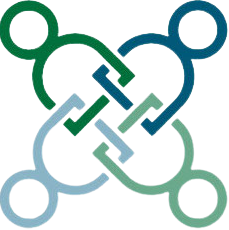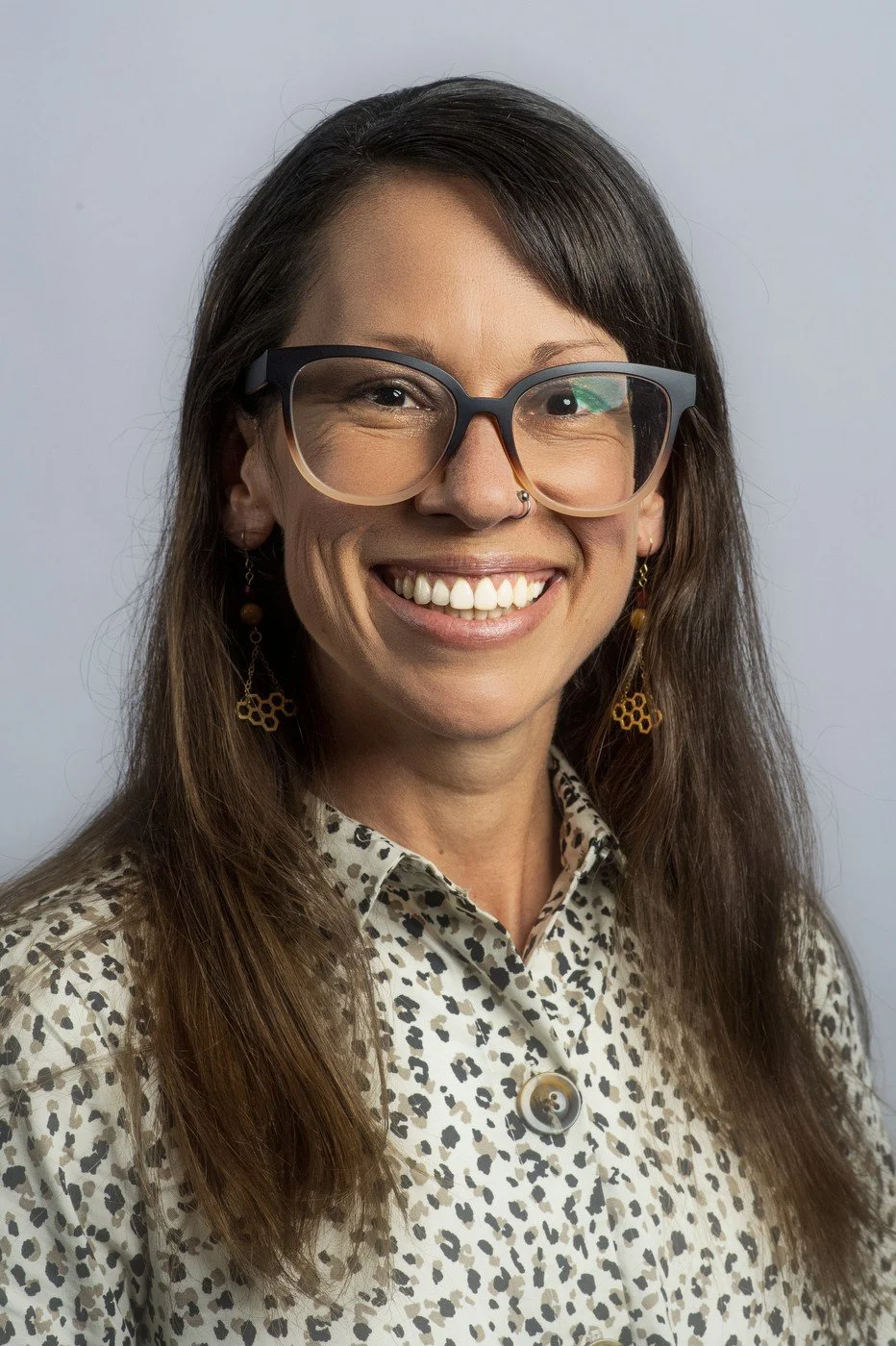
Practitioner Scholar Community
The Practitioner-Scholar Community (PSC) is a premier educational development program of the International Association for Research on Service-Learning and Community Engagement (IARSLCE). Since the role of many community engagement professionals (CEPs) includes that of practitioner-scholar, and many faculty and professionals who facilitate community engagement courses and programs find themselves in “third spaces” -- the betwixt and between of theory and practice, of research and administration, of scholarly endeavors alongside program implementation, the PSC was developed to support the scholarly efforts of professionals in such third spaces. The development of practitioner-scholar capacity is an important aspect of IARSLCE, aligned with the organizational commitment to research and scholarship associated with community engagement.
Goal: The goal of this IARSLCE program is to develop the capacity of IARSLCE members in order to: 1) build their practitioner-scholar identity and 2) develop scholarly projects focused on service-learning and community engagement (SLCE) in order to support the IARSLCE mission to build the field of research and scholarship of SLCE.
Program Overview: The Practitioner-Scholar Community delivers a four (4) module, asynchronous learning opportunity for a cohort of professionals working in service-learning and community engagement that seek to build their practitioner-scholar identity and capacity.
Learning Outcomes
Upon completion of this program, participants will be able to:
Articulate their professional identity and cross-cultural context of practice within the practitioner-scholar framework;
Develop a scholarly project plan with a) research questions derived from inquiry into practice, b) methodological approaches for scholarly project(s) related to their practice, c) an action plan for implementation to scholarly dissemination
Demonstrate evidence of practices and scholarly approaches in their professional context through the development of a capstone project
Deliverables
Participants in the Practitioner-Scholar Community will emerge from this educational development opportunity with an articulated practitioner-scholar narrative and a scholarly project plan related to an area of inquiry and scholarship.
Roadmap
Participants will move through the different asynchronous modules accomplishing the tasks and assignments in one week (7 days) and then respond to cohort members' work providing feedback in the second week before moving on to the next module.
Module 1: Identifying as a Practitioner-Scholar
Module 2: Developing your Scholarly Approach
Module 3: Feedback on Scholarly Projects - Refining your Inquiry and Building your Network in the Context of Complicated, Complex Community Engagement work
Module 4: Capstone Projects: Practitioner-Scholar Professional
About the Instructor
Dr. Becca Berkey has been at Northeastern University since February 2013, where she serves as the Director of Community-Engaged Teaching & Research in addition to being the Interim Director of the University Honors Program. She has more than 15 years of experience in higher education, and is an interdisciplinary learner, researcher, and educator with a Bachelor’s degree in Biology from Butler University, a Master’s degree in College Student Personnel from Miami University, and a Ph.D. in Environmental Studies from Antioch University New England.
Dr. Berkey’s scholarly research is at the intersection of leadership, change, and environmental justice with a specific interest in the justice issues facing farmworkers. For her dissertation research (completed summer 2014), she collaborated with the Northeast Organic Farming Association for Just Farming: An Environmental Justice Perspective on the Capacity of Grassroots Organizations to Support the Rights of Organic Farmers and Laborers and in 2017 published Environmental Justice and Farm Labor through Routledge. She serves as a member of the EPA’s Pesticide Program Dialogue Committee, the Advisory Council of the Agricultural Justice Project, and the Farmworker Health and Justice Workgroup of Coming Clean, Inc. In addition, she does research, publishes, and presents in the field of service-learning and community engagement and a book she co-edited, Reconceptualizing Faculty Development in Service-Learning/Community Engagement, came out in 2018 through Stylus Publishing.
Examples of her recently published engaged scholarship include:
Richard, D., Berkey, B., & Burk, H. (2022). Motivation and orientation: Faculty perspectives on development and persistence in service learning and community engagement. Journal of Community Engagement and Higher Education, 14(1), 12-23.
Lauder, C. & Berkey, B. (2021). Justice isn't one-size-fits-all: Working toward justice in service-learning courses. Experiential Learning & Teaching in Higher Education, 4(2), 120-127. https://nsuworks.nova.edu/elthe/vol4/iss2/21
Berkey, B. & Lauder, C. (2021). Utilizing disruption as an opportunity: A comparative case study on the impact of COVID-19 on community engagement partnership formation. Journal of Higher Education, Outreach, and Engagement, 25(3), 63-78. https://openjournals.libs.uga.edu/jheoe/article/view/2554

